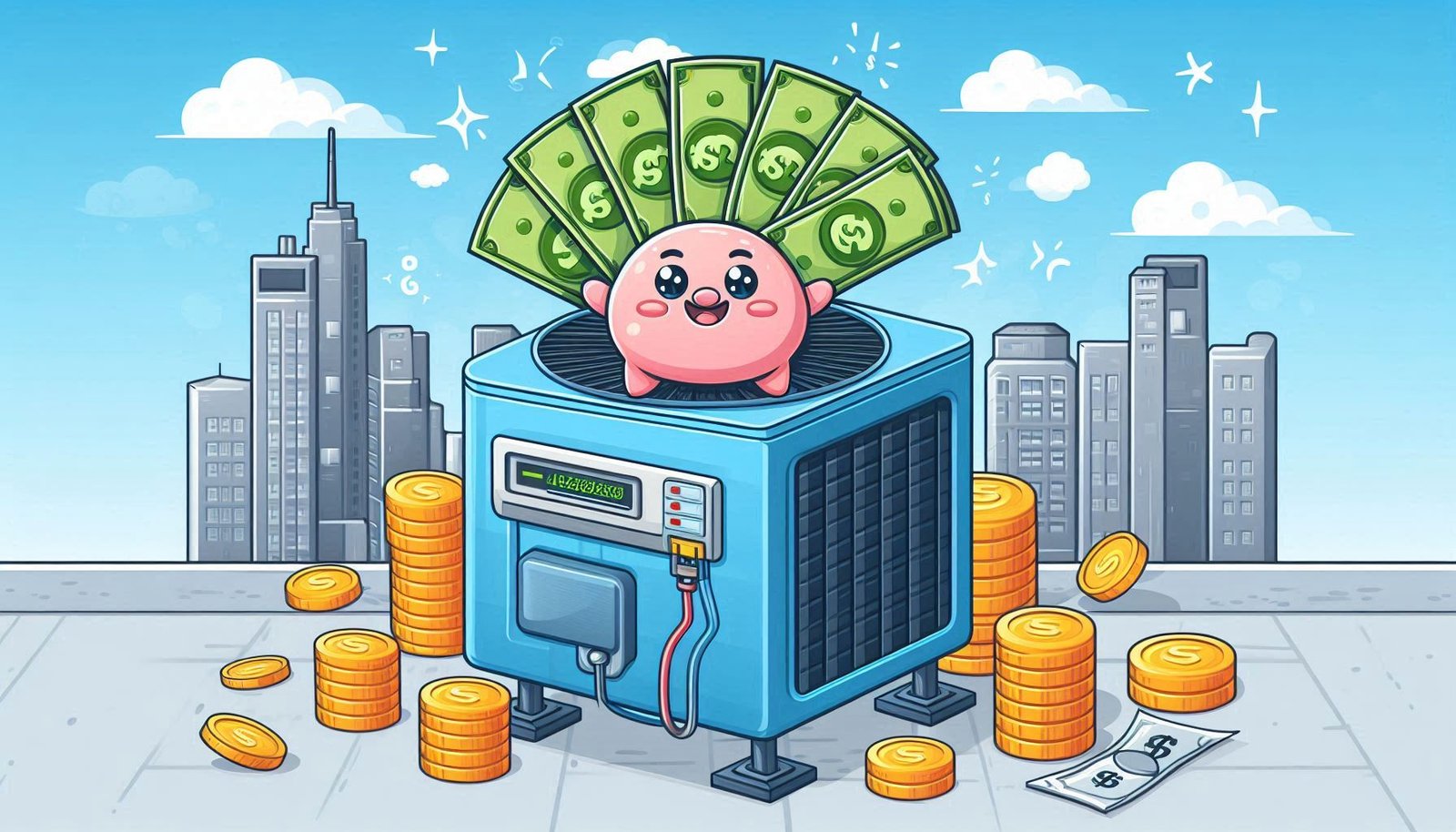Understanding the Importance of Regular AC Maintenance
Regular maintenance of air conditioning systems is a critical aspect of ensuring optimal performance and longevity. HVAC professionals emphasize that consistent upkeep leads to numerous benefits, paramount among them being improved efficiency and extended lifespan of the unit. An air conditioning system that undergoes regular maintenance operates more smoothly, consuming less energy and thereby significantly reducing household energy costs. This enhanced efficiency also means a smaller carbon footprint, contributing positively to the environment.
Identifying potential issues before they escalate into major problems is another key advantage of routine maintenance. Early detection can prevent costly repairs and system failures, especially during peak usage periods such as hot summer days. HVAC experts advise that maintenance checks should ideally be conducted bi-annually, once before the onset of the summer season and once before the winter season. This schedule ensures the system is in top working condition year-round.
During a routine service visit, homeowners can expect a thorough inspection of their AC unit. This includes checking and replacing air filters, examining electrical connections, inspecting coils and fins, and ensuring the thermostat is functioning correctly. Technicians will also clean and lubricate moving parts, which helps in maintaining the efficiency and quiet operation of the system. These proactive measures are essential in mitigating wear and tear, which in turn contributes to the unit’s extended lifespan.
Investing in preventive maintenance is a cost-effective strategy when compared to the expenses and inconveniences of dealing with sudden system failures. Reliable cooling on hot days, without the interruption of unexpected breakdowns, is a significant benefit that underscores the importance of regular maintenance. For homeowners, the long-term advantages of this approach include a more comfortable living environment, lower energy bills, and the peace of mind that their air conditioning system is reliable and efficient.
When and How to Repair Your AC: Professional Advice
Maintaining a comfortable indoor environment hinges significantly on a well-functioning air conditioning (AC) system. Recognizing when your AC unit requires repair is crucial for preventing minor issues from escalating into major problems. Key indicators of potential AC issues include unusual noises, reduced cooling output, and unexplained spikes in energy bills. Strange sounds such as grinding, rattling, or hissing often suggest mechanical issues, while a drop in cooling efficiency can indicate problems like refrigerant leaks or clogged air filters. A sudden increase in electricity usage without a corresponding rise in AC activity may also signal operational inefficiencies.
For homeowners, it is important to differentiate between minor troubleshooting that can be handled independently and issues that necessitate professional intervention. Basic troubleshooting steps include resetting the thermostat, checking circuit breakers, and ensuring air filters are clean. However, for more complex problems such as refrigerant leaks, electrical issues, or compressor failures, it is advisable to call a professional HVAC technician. Attempting to fix these issues without proper expertise can lead to further damage and increased costs.
Choosing a reliable HVAC service provider involves several critical steps. Start by verifying the provider’s certifications and licenses to ensure they meet industry standards. Reading customer reviews can provide insights into the quality of service and customer satisfaction. Additionally, obtaining cost estimates from multiple providers helps in comparing prices and services. Remember to inquire about warranties and guarantees, which can offer added peace of mind regarding the repair work.
The repair process typically begins with a thorough inspection by the HVAC technician, who will diagnose the issue and provide a detailed cost estimate. Depending on the complexity of the problem, repair timelines can vary from a few hours to several days. Understanding these aspects will help homeowners set realistic expectations and plan accordingly.
Timely AC repairs are essential to avoid further damage to the system and to maintain optimal indoor comfort. Neglecting obvious signs of trouble can lead to more severe issues, higher repair costs, and increased energy consumption. Regular maintenance and prompt attention to repair needs can extend the lifespan of your AC unit, ensuring efficient performance when it is needed the most.

